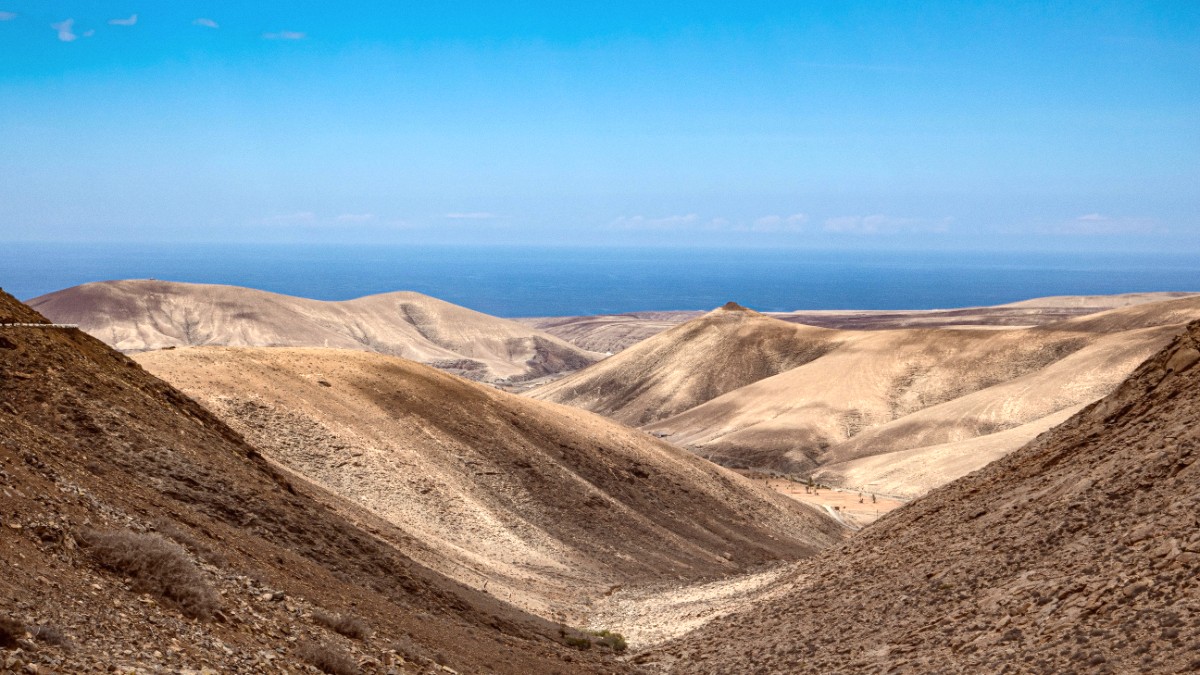
Fuerteventura, Canary Islands
This fragile ecosystem has strict rules. No littering, avoid walking in restricted dune areas, and never remove sand or shells.
Access to Isla de Lobos requires a permit. This limits visitor numbers. Follow specific trails and signs to minimize disturbance.
UNESCO designated the entire island and its surrounding marine areas as a Biosphere Reserve, emphasizing sustainable development and conservation.
Your choices directly affect the Fuerteventura community and its environment. Choose wisely.
Public recycling bins are available throughout Corralejo. Separate your waste for yellow (plastics/cans), green (glass), and blue (paper/cardboard).
Fuerteventura is an arid island with limited natural freshwater sources. It relies heavily on desalination plants to supply water.
Consider offsetting your flight emissions through reputable carbon offset programs. Many airlines feature this option during booking, or you can choose an independent program.
Look for hotels that hold environmental certifications, like Biosphere Responsible Tourism or ISO 14001. These properties commit to sustainable practices.
Support local museums, heritage sites, and traditional artisans.
Shop sustainable gear at PatagoniaLearn basic Spanish phrases; a simple "Hola" or "Gracias" demonstrates respect. Be polite and patient.
Support conservation via The Rainforest SiteBy making conscious and responsible choices, you contribute positively to Corralejo’s environment, culture, and economy, helping preserve its charm for future visitors and residents.
Your travel choices have a direct impact on the local economy. Make choices that benefit the community directly.
While Corralejo is a major resort, seek out opportunities to engage with smaller, local businesses outside the main tourist strips. This supports the broader community.
Prioritize purchasing local products. This includes Fuerteventura’s famous Majorero cheese, aloe vera products, and locally made crafts. Look for items with a "Made in Fuerteventura" label.
Avoid activities that exploit animals, like unethical animal shows or rides that mistreat animals. Do not engage in illegal activities, including purchasing illegal goods.
Research reputable operators that prioritize animal well-being.
Do not purchase items made from protected or endangered species, like certain corals or shells.
Support reputable local charities or community projects rather than giving directly to beggars.